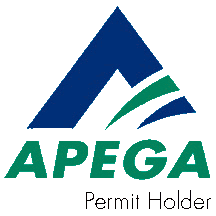Water, Hydrogeology, Soil & Geology
Groundwater Investigation
Groundwater assessments are important in determining the groundwater beneath your site and in excluding both soil and groundwater pathways. Determining groundwater flow and direction is vital in trying to evaluate the magnitude of any groundwater contamination. Protection of groundwater is vital as lower precipitation in Western Canada in the past 30 years has lowered groundwater tables. By reducing the pathways, less risk is identified. Elkan has conducted hundreds groundwater monitoring programs.
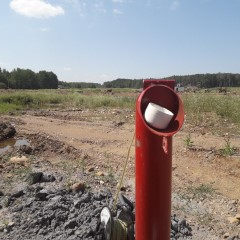
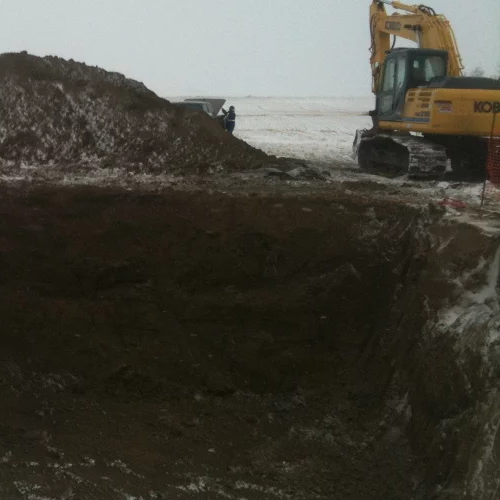
Soil Science
Chemical, physical, and biological processes are considered when conducting subsurface investigations. Chemical processes involve chemical parameters of contaminants, contaminant interaction with soil, and oxidation/reduction. Physical processes involve contaminant transport, absorption/adsorption, and the physical parameters of soil. Biological processes involve biodegradation and nutrient analyses. Some or all of these processes are used in an investigation, and a thorough understanding of these processes will help in preparing for risk assessment or remediation. We’ve completed large environmental assessment programs for soil investigations, as well as small sampling programs and remediation.
Groundwater Monitoring
Groundwater monitoring is conducted for ongoing follow-up on groundwater flow direction and contaminant transport. Sometimes it is conducted for monitoring natural attenuation.
Surface Water Monitoring
Surface monitoring is required when potential or actual contaminants have impacted a surface water body.
Sediment Monitoring
Contaminants can migrate from a surface water body above or from subsoil into sediments.
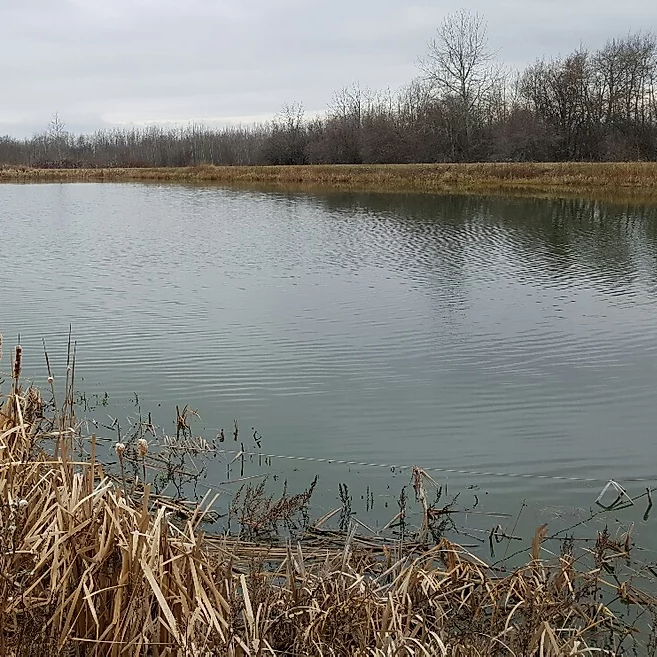
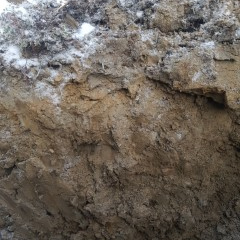
Geology
Geology underlying the surficial soils is important to consider when bedrock is shallow or investigations are deeper, determining such information as bedrock type and weathering provide an understanding of flow through bedrock.
Hydrology and Hydrogeology
Water movement at the surface and through groundwater is important in understanding how contaminants travel.
